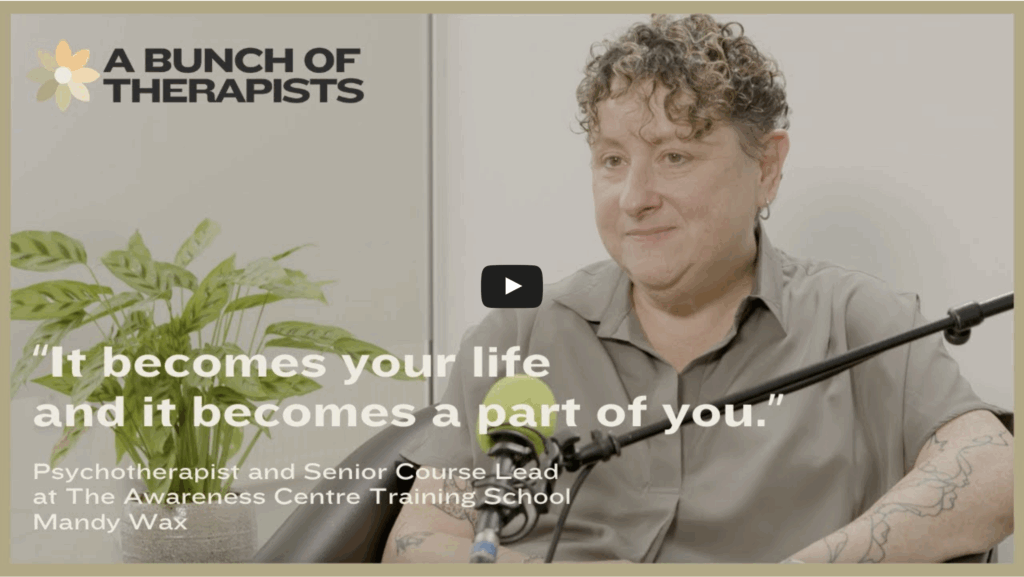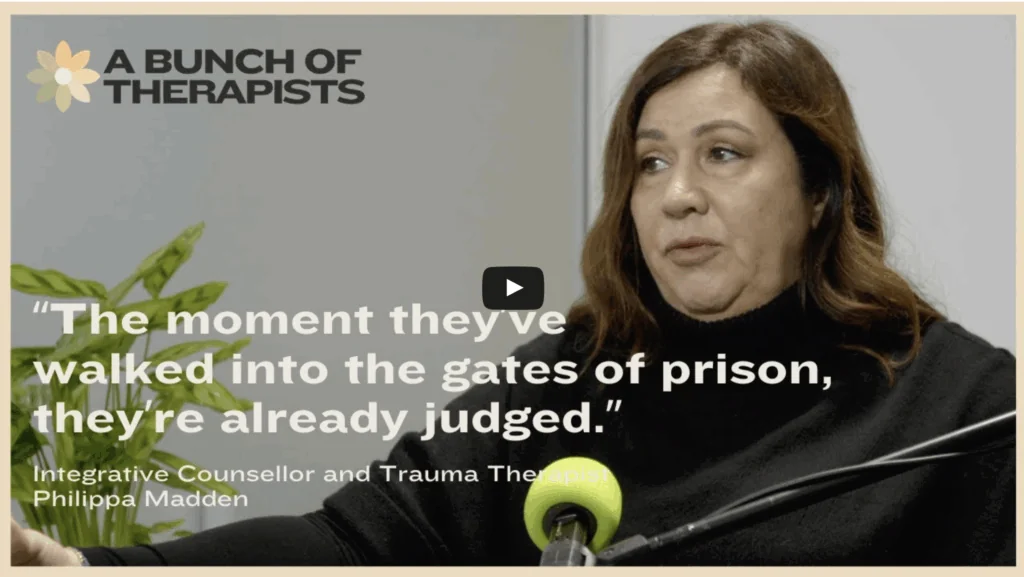Here at The Awareness Centre, we are proud to have specialist counsellors and psychotherapists who can help those suffering from the effects of trauma. TAC has helped hundreds of clients work towards full trauma recovery by providing an expert and bespoke approach to trauma treatment and therapy.

Meet Our Trauma Therapists
Click on a profile below to learn more about the trauma therapy counsellors. Our counsellors, psychotherapists and psychologists are all highly-trained, with years of experience in their specialist fields.
Our qualified private counsellors, psychotherapists and psychologists are all either registered or accredited with one or more of the following professional bodies.




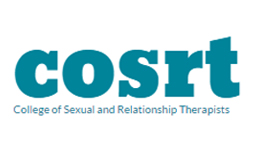

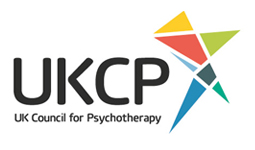


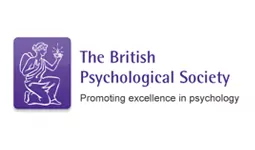

Appointments
To make an appointment to see one of our trauma counsellors, psychotherapists or psychologists, please call 020 8673 4545 or book an appointment online. We are open seven days a week.
Fees
Fees for trauma counselling and psychotherapy range from £40 – £175.
Refund Policy
Private therapists at The Awareness Centre each have their own cancellation policies. If you feel that your booking is not suitable, we are happy to offer a referral to another private therapist. Please note that we do not offer refunds for the initial session booked.
Book an appointment for trauma therapy at one of our London counselling centres today.
Signs that You May Benefit from Trauma Therapy
Not sure whether trauma therapy is the right service for you, or wondering if you’re dealing with trauma-related issues? Here are some of the key trauma symptoms our specialists look out for, along with emotional or psychological harm:
Re-Experiencing
When you involuntarily and vividly relive traumatic events in the form of flashbacks, nightmares, distressing images/ sensations, or physical sensations, e.g. pain, sweating, nausea or trembling.
Avoidance
This might include avoiding being reminded of the traumatic event and/or distracting yourself with work or other hobbies. You might have become isolated or withdrawn, giving up activities which previously brought you joy.
Emotional Numbing
This can include the use of alcohol or drugs, risk-taking behaviours, over-exercising, over-eating, and some other behaviours that numb or distract from your emotions.
Hyperarousal
Feeling constantly on edge and unable to relax, leading to irritability, angry outbursts, sleeping problems, difficulty concentrating and hypervigilance (i.e., always being ready to fight or flee).
Memory Loss / Concentration Difficulties
It’s common for people who have experienced trauma to suffer from lapses in memory or ‘blackouts’, or to find concentrating on a task for a sustained period significantly challenging.
Increased Anxiety
A person suffering from trauma may also experience the effects of anxiety. This might include panic attacks, depression, shame and guilt, irritability, and/or fear.
Other Signs of Trauma
A person may also experience difficulties falling or staying asleep, being easily startled, unexplained aches and pains, sexual dysfunction, altered eating patterns, muscle tension, and extreme exhaustion.
Book an appointment for trauma therapy at one of our London counselling centres today.
What is a Traumatic Event?
A traumatic event refers to an event perceived by an individual to be a threat to their sanity, the integrity of their body, and/or life. Therefore, any event where your mental or physical well-being feels under threat can be considered a traumatic event.
The result of a traumatic event can include a diagnosis of acute stress disorder or post-traumatic stress disorder (PTSD) – but a diagnosis is not necessary in order to access therapy for trauma.
What Are the Different Types of Trauma?
Some traumas are referred to as “single incident traumas”. This type of trauma is the result of an isolated incident, such as a car accident or a single sexual assault. Others are more chronic or complex, such as abusive relationships or ongoing discrimination.
Another form of trauma is known as “transgenerational trauma”, or “intergenerational trauma”, and is when the experience of the parent affects the development of the child or even grandchildren. Examples of transgenerational trauma include war, discrimination, sexual abuse, assault, and so on.
Sometimes, there is a trauma specialism that relates directly to the traumatic event that you have experienced. For example, in the case of birth trauma, a parent may seek birth trauma counselling, or sexual abuse trauma counselling would be advisable following an incident of sexual abuse. However, most trauma-informed therapists will be able to support you with any traumatic event(s) you have experienced.
Counselling for childhood trauma is also available, in the case of young or very young people experiencing trauma.
What Are Some Examples of Traumatic Events?
A traumatic event can include (but is not limited to):
- Imprisonment
- Injury
- Job loss
- Natural disasters
- Near-death experiences
- Racism
- Physical or sexual assault
- Terrorism
- Other acts of violence
- Witnessing any of these
- Abuse
- Abandonment
- Neglect
- Traffic accidents
- Bullying/discrimination
- Crime
- Death of a loved one
- Divorce
- Domestic abuse or violence
- Illness
- Imprisonment
- Injury
- Job loss
- Natural disasters
- Near-death experiences
- Racism
- Physical or sexual assault
- Terrorism
- Other acts of violence
- Witnessing any of these
Need help with trauma issues?
Book an appointment for trauma therapy at one of our London counselling centres today.
Understanding Trauma Therapy
When working with trauma in therapy, it is important to work with a therapist who is trauma-informed, meaning that they are specifically trained and experienced in working with the impacts of trauma. A trauma-informed therapist will be aware of the impacts of trauma on the individual’s brain, physical well-being, and emotional well-being.
Working on psychological trauma always holds the risk of becoming re-traumatised. This can happen when the therapy is moving too quickly and the client isn’t prepared with the coping skills and mechanisms with which to manage the emotions and memories that are brought up during the course of psychological therapy.
Therefore, it is always important to consider long-term, open-ended talking therapy with a trauma-informed therapist when working with trauma.
Trauma Therapies
Other models of therapy that are effective when working with the impacts of a traumatic experience include:
- Body-focussed therapies (such as Sensorimotor Psychotherapy), which address how trauma affects your body as well as your mind
- Trauma-Focused Cognitive Behavioural Therapy (TF-CBT), which is a form of traditional CBT that has been specifically adapted for those suffering from PTSD
- Cognitive Analytic Therapy (CAT), which looks at how past events and relationships can impact how you think, feel, and act in the present
- Schema Therapy, which helps to address unmet needs and any difficult beliefs you might hold about yourself, which might have resulted from the trauma you experienced
- Eye-Movement Desensitisation and Reprogramming (EMDR), which considers PTSD symptoms and trauma to be the result of past disturbing experiences that continue to cause distress because the memory wasn’t adequately processed
What Are the Mental Health Benefits of Trauma Therapy?
Treating trauma, whether via EMDR therapy or other talking therapies, can support you in regaining control over your memories and taking the emotional power away from these traumatic memories and flashbacks.
For many people who have endured a traumatic incident(s), the coping mechanisms that have kept them safe in the past are no longer adaptive in the present. They might be getting in the way of you enjoying your life now, such as keeping others at arm’s length, avoiding social events, or even self-medicating with drugs, alcohol or self-harm.
Trauma therapy is a chance to explore and examine these coping mechanisms and develop healthy ways of managing in the future that will support you in being able to enjoy your life once again.











